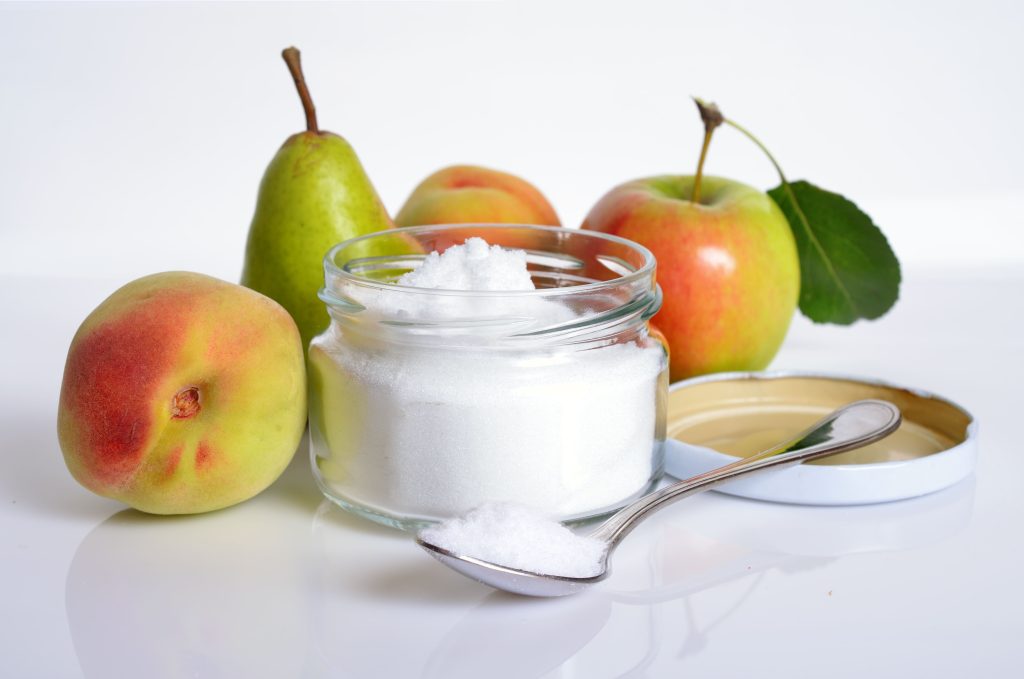 3 min read
3 min read
In recent years, there has been a growing interest in understanding how the gut microbiota – the microorganisms in our gut – affects our health. This interest becomes particularly relevant when it comes to metabolic disorders such as obesity, Type 2 Diabetes, and other issues caused by abnormal lipid levels in the blood (dyslipidaemia).
A key factor in gut flora health is diet1. Our dietary choices not only influence our general well-being, but they are also crucial to ensure diversity and abundance in the microbial populations in the gut. A balanced and varied diet helps maintain a healthy and resilient microbiota, which makes it a precious ally for our health.
The presence of macronutrients (such as carbohydrates, proteins and lipids) and micronutrients (vitamins and minerals) in our diet is essential. Not only do these nutrients nourish our body, but they also play a crucial role in the composition of gut microbiota.1
These alterations may, in turn, actively impact our metabolism.1

Simple Carbohydrates, like sucrose and fructose, can cause rapid changes in the microbiota and potentially lead to metabolic dysfunctions. On the other hand, Complex Carbohydrates, commonly found in fruits, vegetables, and whole grains, are beneficial. These complex carbohydrates include elements like polysaccharides and starch, which are less easily digestible.
These elements are then broken down by intestinal bacteria into short-chain fatty acids (SCFA), including butyric acid. Butyric acid is an essential energy source for intestinal cells and plays a vital role in maintaining brain function and protecting the intestinal barrier.1
Therefore, it is important to:
– Consume Complex Carbohydrates like whole grains, fruits, vegetables, and legumes. These foods provide fiber that helps maintain a healthy gut microbiota.1
– Limit Simple Carbohydrates, such as simple sugars and refined sugars found in sweets, sugary drinks, and packaged snacks.1
Lipids, or fats, present in foods are fundamental for our body. Coming from both plant and animal sources, lipids provide energy, support the growth and development of the human body, and influence the gut microbiota.1
Saturated Fatty Acids (SFA):
Found in red meat and dairy products.
Monounsaturated Fatty Acids (MUFA):
Found in olive oil and nuts.
Polyunsaturated Fatty Acids (PUFA):
Found in fatty fish such as salmon, herring, and sardines.
It is important to maintain a balance between the various types of fatty acids (SFA, MUFA, PUFA). 1 The quantity and quality of lipids consumed not only affect overall health but also influence the composition of the gut microbiota. A varied diet helps provide a wide range of nutrients and promotes microbiota diversity. Try to include different types of fruits, vegetables, whole grains, lean proteins, and healthy fats.
Conscious food choices, such as favoring complex carbohydrates and balancing types of fats, can promote a healthy microbiota and contribute to maintaining good metabolic health. We truly are what we eat, so making informed food choices is essential for preserving our overall well-being.

Gut health is vital for your well-being. Find out how to take care of it.